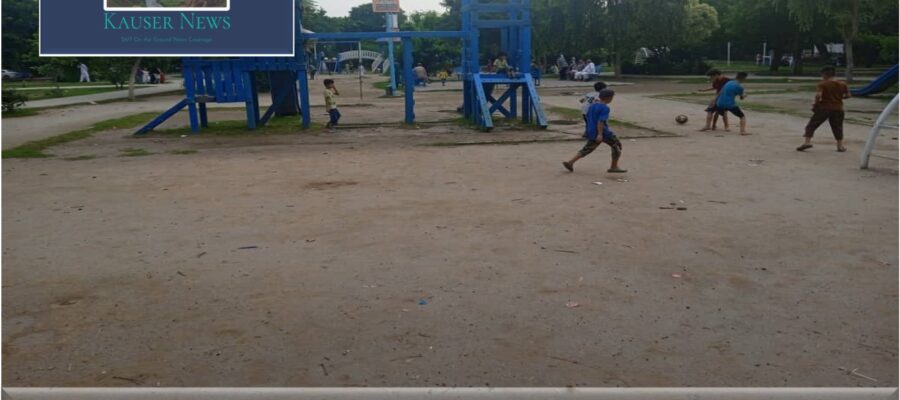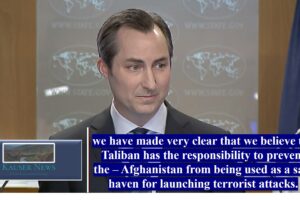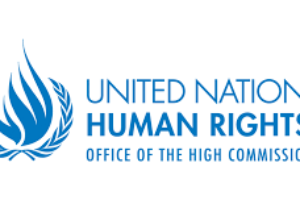August 15th, the military and police forces collapsed, leading to the destruction of Afghanistan’s political, social, and economic systems. Despite the accomplishments made in the past year, which were built upon the sacrifices of the young heroes of the national army and police, they have now crumbled. A wave of migration started, involving journalists, intellectuals, artists, civil servants, and youths leaving Afghanistan. Following that, one of the worst humanitarian crises unfolded in Afghanistan.
According to some observers, ”the United States strategy in the 21st century was defined by the establishment of democracy worldwide, particularly in Afghanistan. With the claim of bringing democracy to Afghanistan, the United States invaded and spent more than two decades in the country. However, in a single night, they destroyed everything and handed Afghanistan over to the wolves of history, attributing this outcome to the fact that the leaders of the Islamic Republic of Afghanistan were traitors and opportunists.”
They also added that considering these factors, American policymakers changed their strategy in Afghanistan, although irresponsibly and without considering the fate of the Afghan people, they withdrew from the country. But this time, the U.S. established intelligence and information operations in Afghanistan, which continue and are more cost-effective and strategically advantageous for the United States in the region.
Among those most affected are journalists and media in Afghanistan. Newspapers have faced uncertain futures since August 15th, with some journalists labeling it as Afghanistan’s darkest day and considering it a bitter day that shattered all hopes, especially for the educated Afghan generation.
Mohammad Younes Qarizada, an Afghan journalist in Pakistan, told Kausar News Agency, “After the fall of the Islamic Republic of Afghanistan and the rise of the Taliban regime, all journalists migrated to neighboring countries, including Iran, Tajikistan, and Pakistan. For almost two years, most journalists have been living in a state of uncertainty and an unknown future in foreign countries.”
Qarizada added that economic, psychological, physical, and depression-related challenges are major issues that journalists face in neighboring countries.
Mohammad Aref Rahnavard, another journalist, said, “All Afghans despise the Taliban and their presence in Afghanistan. This group of a few hundred armed terrorists, in these two years, has offered nothing to the country except violence, misery, hunger, the disappearance of journalists, suffering, torture, murder, and violence against women.”





